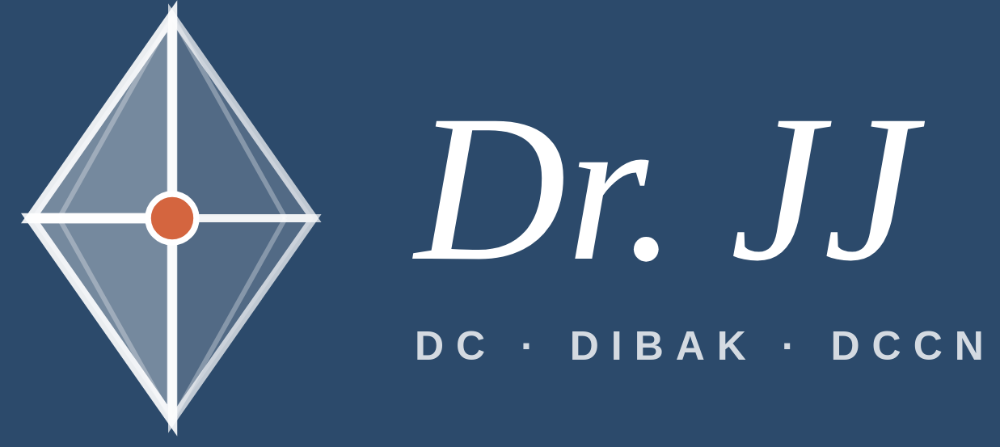What Is Applied Kinesiology?
A diagnostic system that uses manual muscle testing to identify neurological and biomechanical dysfunction.
How Applied Kinesiology Works
Applied Kinesiology uses manual muscle testing to evaluate how your nervous system controls movement and posture. When joints are misaligned (subluxated) or muscles aren't firing correctly, the nervous system can't maintain proper muscle contraction during testing. This reveals areas of dysfunction that standard examination might miss.
Every muscle in the body has neurological connections to specific spinal segments and organ systems through the autonomic nervous system. Muscle testing evaluates these connections to identify patterns of dysfunction—not to diagnose disease, but to find where your body's structural and neurological systems aren't communicating properly.
Using muscle testing combined with orthopedic examination, postural analysis, and other clinical findings, I can quickly identify which areas of your musculoskeletal system need correction.
Applied Kinesiology vs. "Muscle Testing"
Many practitioners claim to use "muscle testing" or "kinesiology" after taking weekend seminars. This is not the same as Applied Kinesiology.
True Applied Kinesiology training is restricted to licensed healthcare professionals (chiropractors, medical doctors, osteopaths) and requires:
- Minimum 300 hours of intensive instruction through ICAK (International College of Applied Kinesiology)
- 3 years of supervised practice
- Written and practical board examinations
- Ongoing continuing education
I hold the DIBAK (Diplomate, International Board of Applied Kinesiology) certification—the highest level of AK training. Fewer than 500 practitioners worldwide have earned this credential.
The Three Sides of the Triangle
Applied Kinesiology examines patients from three perspectives:
Structural: Joint alignment, muscle function, postural patterns, biomechanics
Chemical: Nutritional status, inflammatory markers, metabolic function (evaluated through muscle testing response to nutritional challenges)
Emotional: Stress patterns, autonomic nervous system balance, how emotional state affects muscle tone and posture
This triad approach ensures we're not just chasing symptoms but addressing the underlying patterns causing musculoskeletal dysfunction.
What Applied Kinesiology Is NOT
Applied Kinesiology is not:
- A replacement for medical diagnosis (I don't diagnose diseases or prescribe medications)
- "Energy healing" or metaphysical practice
- A substitute for imaging, lab work, or standard orthopedic examination when indicated
Applied Kinesiology is:
- A functional assessment tool for musculoskeletal and neurological dysfunction
- A way to identify compensation patterns your body has developed
- A method to determine the most effective treatment approach for your specific case
Choosing a Qualified Applied Kinesiologist
Verify credentials:
- ICAK member (International College of Applied Kinesiology)
- DIBAK certification (Diplomate level—highest standard)
- Licensed healthcare provider (DC, MD, DO)
Red flags:
- "Certified in kinesiology" from weekend courses
- Claims to diagnose diseases through muscle testing alone
- No chiropractic or medical license
Applied Kinesiology is often misrepresented. Make sure your practitioner has legitimate ICAK training and board certification.
